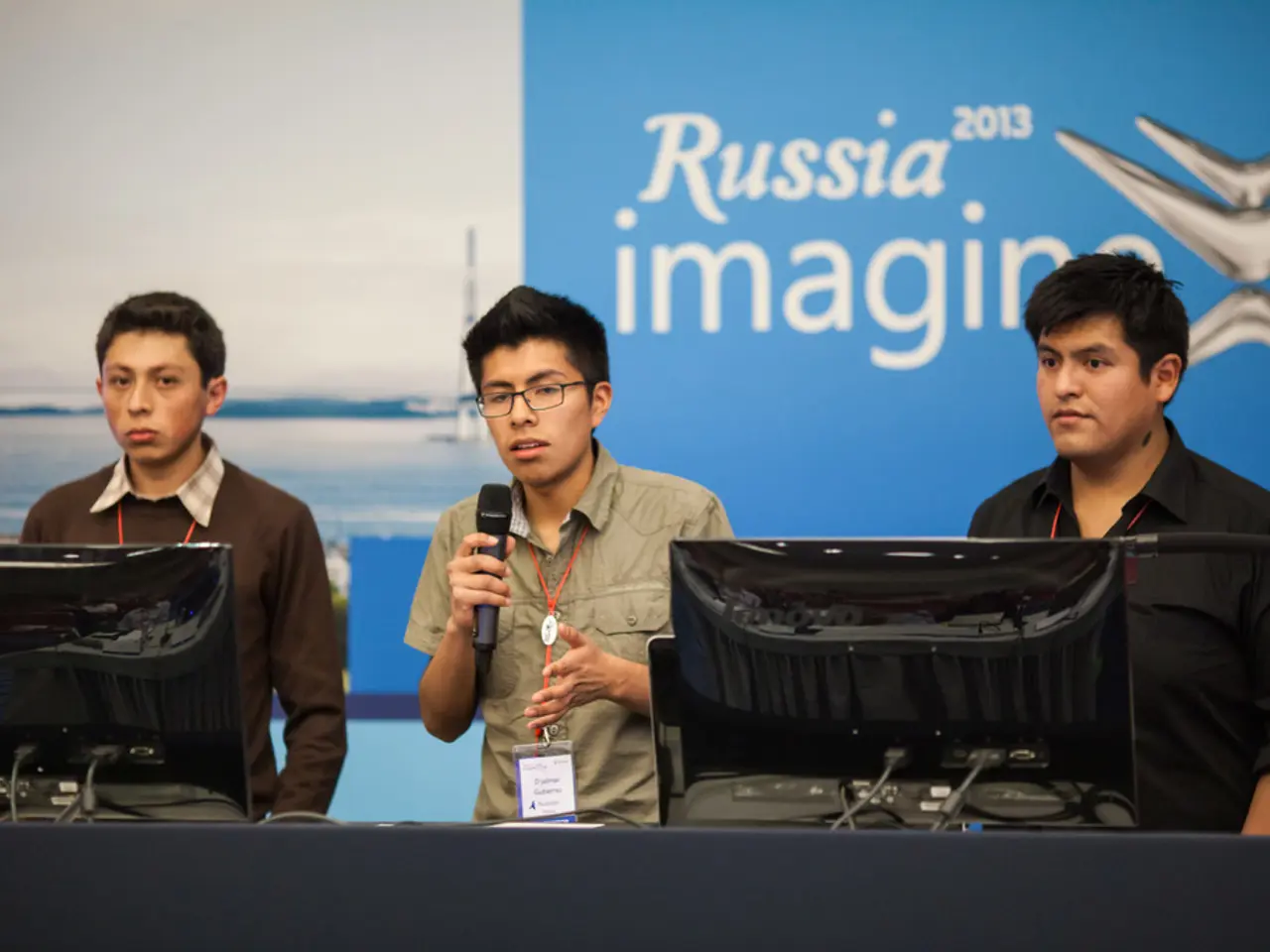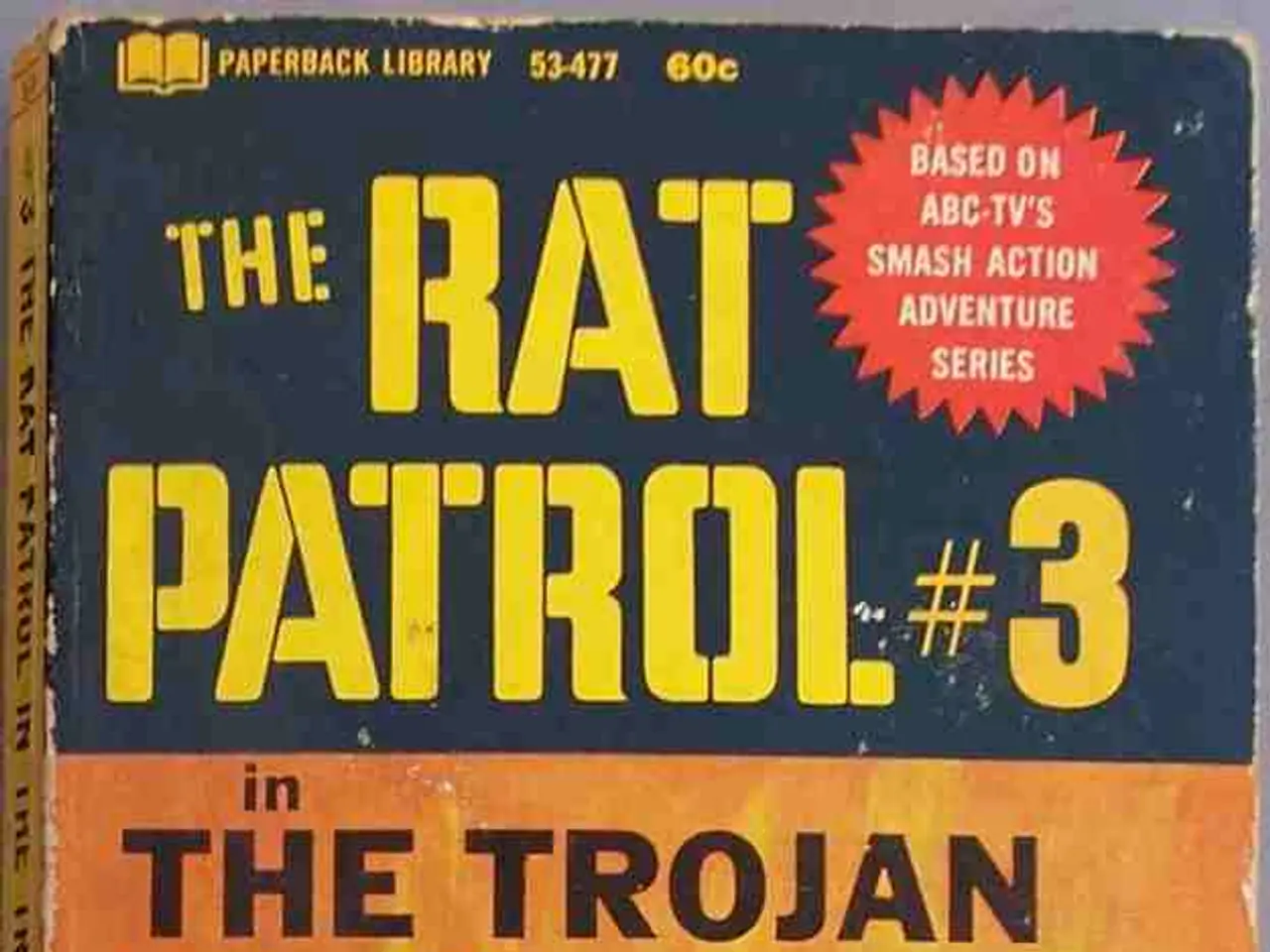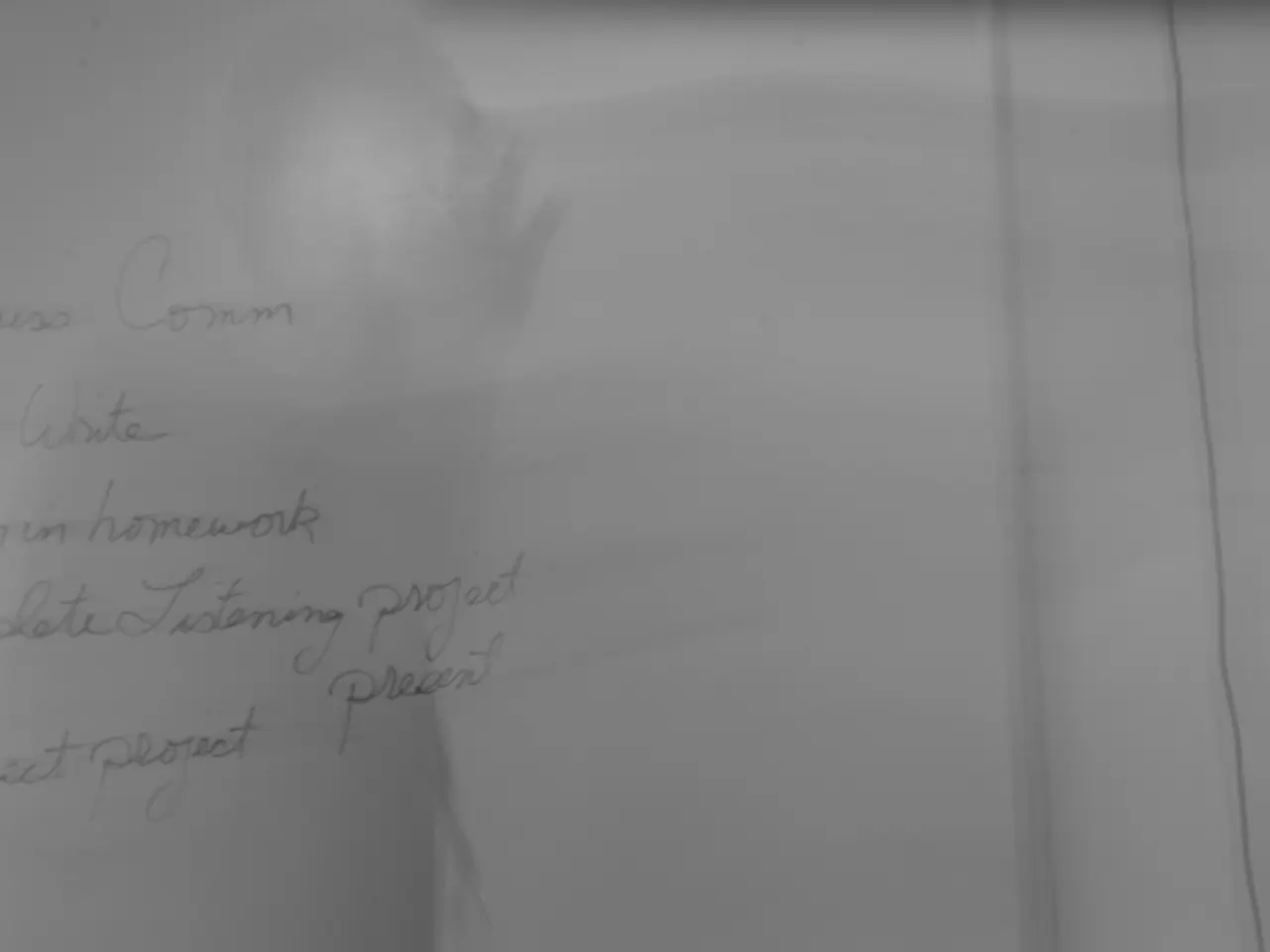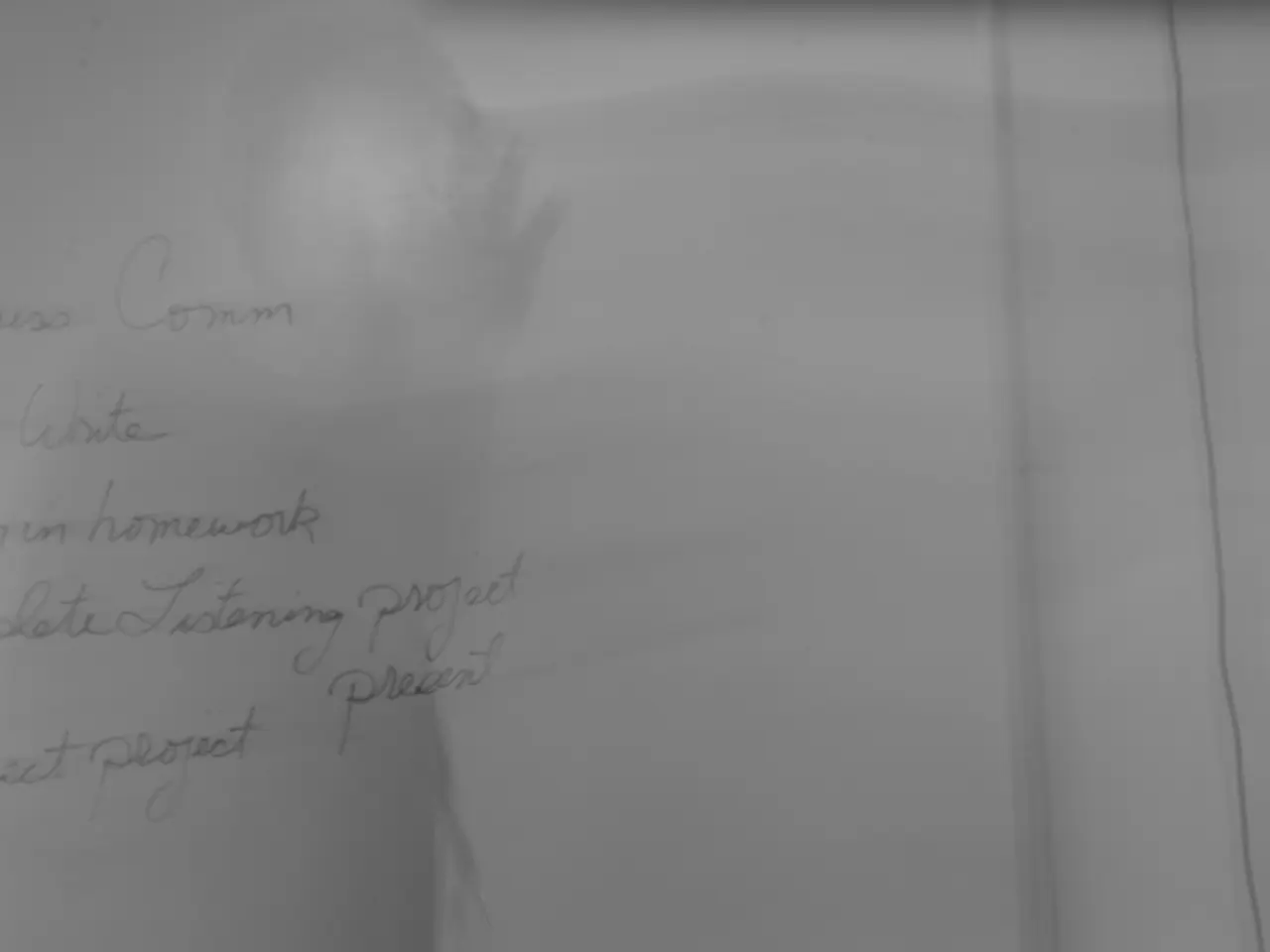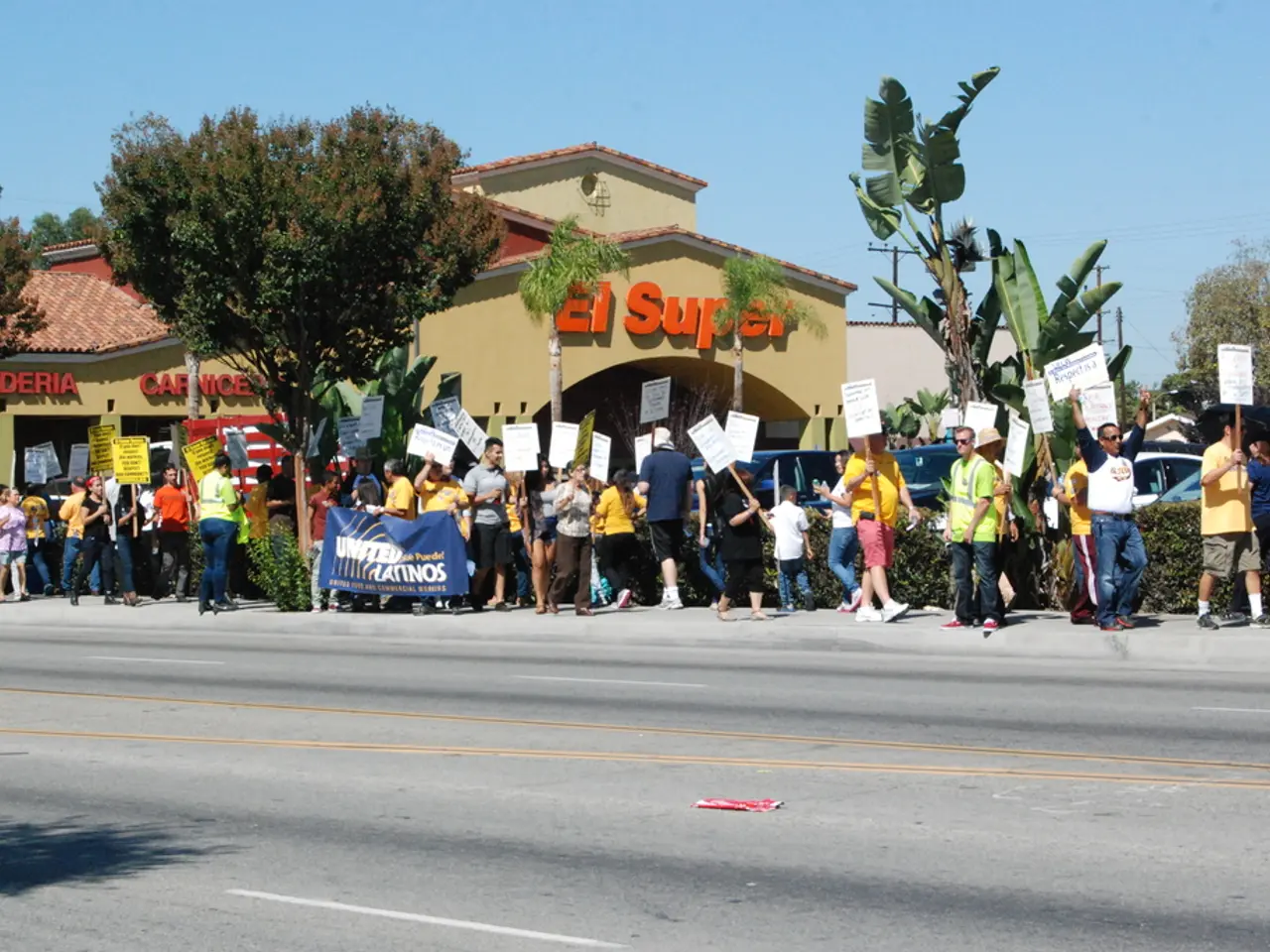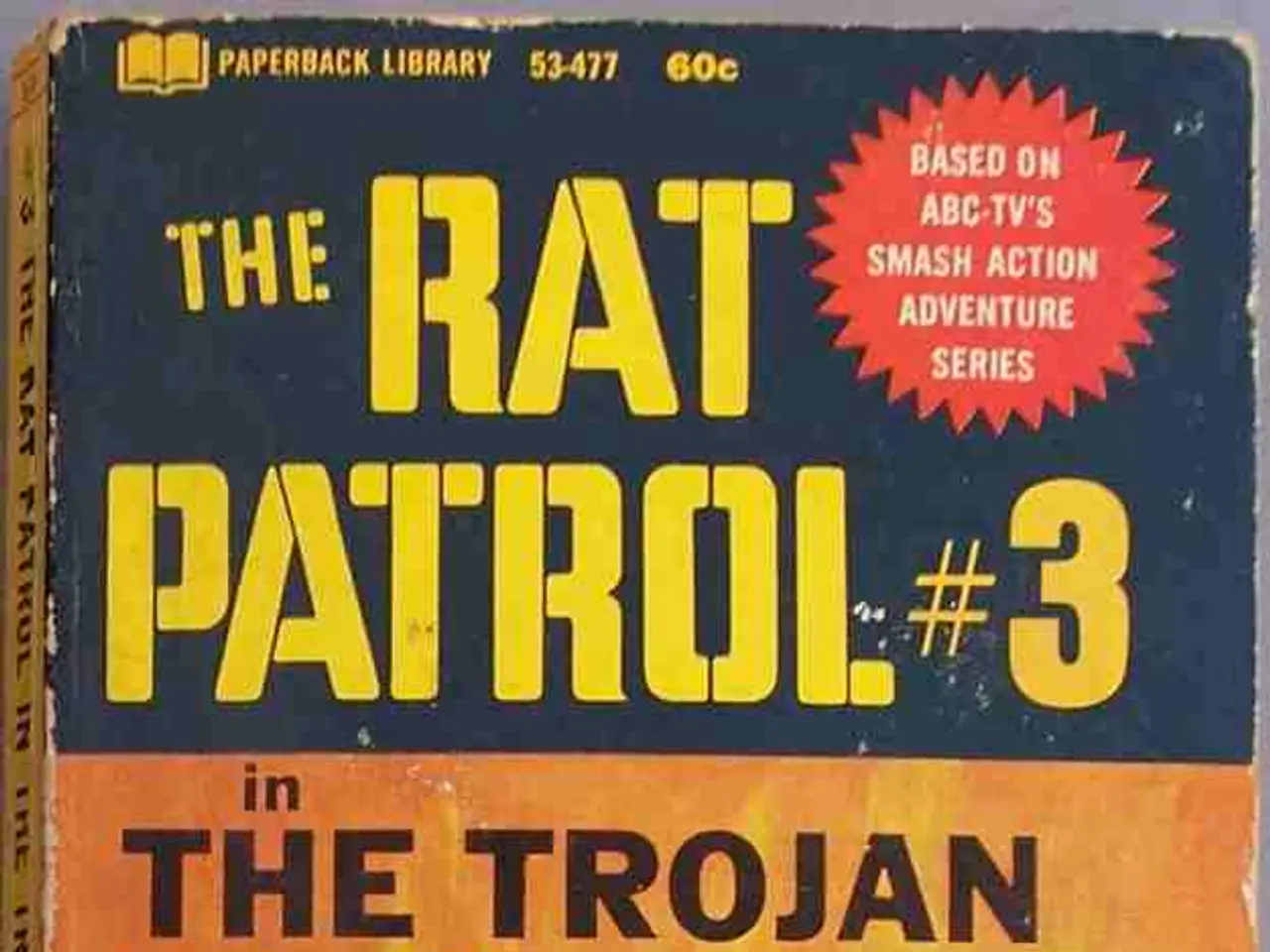Escalation of Putin's actions in Ukraine could lead to an enduring conflict across Europe
In a significant shift, Russia is planning major changes to its armed forces strategy over the 2023-2026 period, signalling a potential long-term struggle with significant consequences for European security architecture and regional stability.
The new strategy, announced by President Vladimir Putin, focuses on a slow and costly military campaign aimed at gradually seizing key Ukrainian territory, particularly the fortified eastern and southern regions. This strategy, known as a war of attrition, assumes Russia can outlast Western support for Ukraine and eventually militarily defeat it, despite heavy casualties and slow advances. The implication is a sustained conflict extending well beyond short-term horizons, keeping the European security environment unstable.
Putin's commitment to this strategy stems from his view that Ukrainian independence threatens the Russian Federation’s territorial integrity. He sees Ukraine as a core part of Russia’s historical domain, and peace is unlikely without Russia achieving strategic goals that redefine borders, which poses a long-term challenge to European stability and international norms on sovereignty.
The prolonged conflict is expected to reinforce NATO’s role in European defense and may solidify its unity against Russia’s aggression. Western countries, including the US and members of the EU, are pressured to maintain or increase military aid to Ukraine, including advanced offensive weapons, potentially escalating the conflict and the risk of direct confrontation in the region.
A protracted conflict will likely deepen divisions between Russia and the West, prolong sanctions and counter-sanctions, disrupt European energy supplies, and increase military spending across Europe. The Black Sea region remains a conflict flashpoint influencing maritime security and regional trade routes.
The concern of control over Ukraine has been a source of tension since the collapse of the U.S.S.R. in 1991. Many countries are heavily dependent on Russia and Ukraine for food imports and on Russia for energy, making the food situation the "most worrying concern" according to the World Bank.
The war's impact extends beyond Europe. The International Monetary Fund predicts a more significant impact, 8-12%, on low-income and emerging economies, attributing it to the Russia-Ukraine conflict and COVID-19 pandemic. The IMF also advises that "geo-economic fragmentation" could reduce global GDP by as much as 7% over an undefined "long-term" period, reversing the financial integration and globalization trends of recent decades.
Putin's new strategy marks a shift from a unique military operation to a large-scale battle, with potential worldwide implications. The warring parties have no exit strategies, leading to a long-term effect on Europe and the world that will be incalculable. The lives of many people have already been upended by the war, with more upheavals on the way due to movement, human tragedy, food instability, and power shortages.
As the conflict continues, Putin has ordered the strengthening of Moscow to protect himself, his family, and the Russian elites. Pantsir anti-aircraft systems have been reportedly set up on rooftops in central Moscow, including near the Kremlin, in addition to the ministry of defense structure, as well as near Putin's Valdai home in Russia’s Novgorod area.
Putin has also designated Valeriy Gerasimov, the author of a special anti-U.S. doctrine, to lead battle procedures in Ukraine. The admission of Sweden and Finland into NATO will create a long-term flashpoint, increasing the border between NATO and Russia from around 750 miles to approximately 1,600 miles.
Putin's new strategy and the ongoing conflict in Ukraine have significant implications for European security and global stability. As the situation continues to evolve, it is crucial to monitor developments closely and consider potential strategies for maintaining peace and security in the region.
Food shortages could become more pronounced in European countries due to disrupted trade routes and economic sanctions, exacerbated by Russia's strategic control over key food imports.
The ongoing conflict in Ukraine, with no exit strategies in sight, has the potential to impact global politics, as shifts in alliances (such as Sweden and Finland joining NATO) could further strain relations between Russia and the West.
